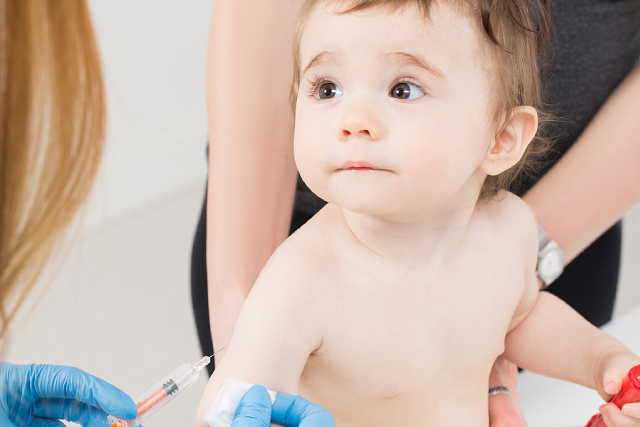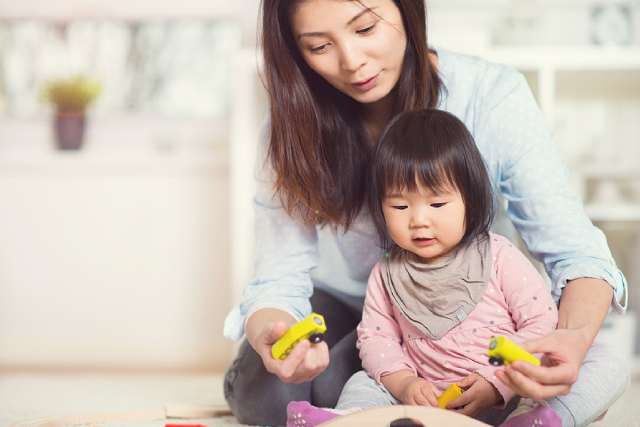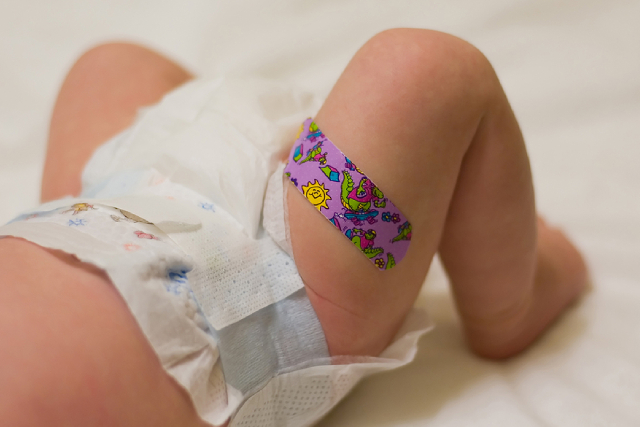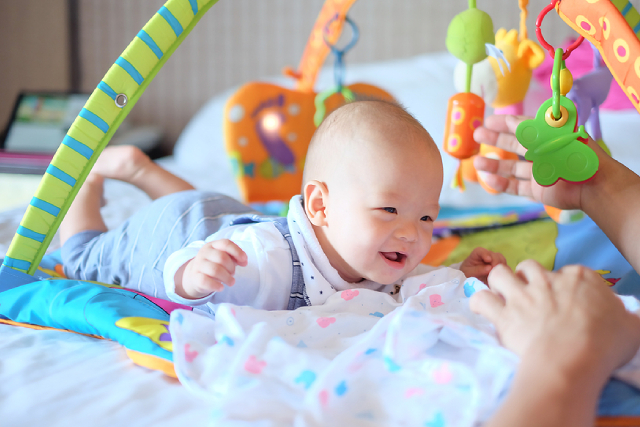
blog
Baby & Child Vaccinations: Exploring Side Effects & Treatments

Vaccinating your baby or child is a crucial step in ensuring their long-term health and safety. Immunisations protect children from various potentially serious diseases, such as measles, mumps, and rubella, among others. Despite their proven effectiveness, many parents still have concerns about the side effects and treatments associated with these vaccinations. In this article, we explore the common side effects of baby and child vaccinations and provide guidance on how to manage them.
Importance of vaccination
Vaccination is a critical public health measure that not only protects the vaccinated individual but also contributes to community immunity (herd immunity). This collective immunity helps prevent the spread of infectious diseases, protecting those who cannot be vaccinated, such as infants too young to receive certain vaccines and individuals with certain medical conditions. Understanding the cost and risks of avoiding vaccinations is essential, as unvaccinated individuals are more susceptible to infections and can contribute to outbreaks, posing a significant threat to public health.
Singapore has a well-structured immunisation programme to protect children from various infectious diseases. The National Childhood Immunisation Schedule (NCIS) outlines the recommended vaccinations for children from birth to 18 years of age. The vaccines included in the NCIS are provided free of charge at polyclinics and are highly subsidised at private clinics.
The government ensures that vaccines are safe and effective by adhering to strict regulatory standards. The Health Sciences Authority (HSA) rigorously evaluates and monitors vaccines to ensure their safety and efficacy.
Common side effects of baby and child vaccinations
Vaccinations are designed to stimulate the immune system to develop protection against specific diseases. As with any medical procedure, there can be side effects. However, these are typically mild and temporary. Here are some of the most common side effects observed in babies and children after vaccination:
1. Fever: A low-grade fever is a common reaction and usually appears within 24 hours after the vaccination. Not to worry – this mild fever indicates that the body is building immunity.
2. Redness and swelling at the injection site: It's normal for the area where the vaccine was administered to become red, swollen, and tender. This reaction usually subsides within a few days.
3. Fussiness and irritability: Babies and young children might become irritable or fussy for a short period following vaccination. This is typically due to the discomfort from the injection.
4. Fatigue: Feeling tired or less energetic than usual is another common side effect. This fatigue generally resolves within a day or two.
5. Loss of appetite: Some children might eat less than usual after getting vaccinated. This temporary change in appetite is usually short-lived.
6. Mild rash: Certain vaccines, such as the measles-mumps-rubella (MMR) vaccine, can cause a mild rash. This rash is not contagious and will fade on its own.
Less common side effects
While serious side effects are rare, it's important to be aware of them and know when to seek medical attention. Less common reactions can include:
1. Severe allergic reactions: Anaphylaxis is a rare but severe allergic reaction that can occur within minutes to hours after vaccination. Symptoms include difficulty breathing, swelling of the face and throat, and a rapid heartbeat. Immediate medical attention is necessary if these symptoms appear.
2. High fever: Although uncommon, some children may develop a high fever (over 39.5°C or 103°F) after vaccination. If this occurs, it's important to seek medical advice promptly.
3. Seizures: Febrile seizures, triggered by a high fever, can occur in some children. While frightening, they are usually harmless and do not lead to long-term health problems.
Managing side effects
Most side effects of baby and child vaccinations can be managed at home with simple remedies:
- Fever management: To alleviate fever, you can use age-appropriate doses of paracetamol (acetaminophen) or ibuprofen. Ensure your child stays hydrated by offering plenty of fluids.
- Injection site care: Apply a cool, damp cloth to the injection site to reduce swelling and discomfort. Gentle massage around the area can also help.
- Comfort and reassurance: Hold and comfort your baby to reduce fussiness and irritability. Breastfeeding or offering a bottle can also provide soothing relief.
- Rest: Encourage your child to rest and sleep as much as needed. Avoid strenuous activities until they feel better.
- Monitor symptoms: Keep an eye on your child's symptoms and note any changes. If you are concerned about any reactions, don't hesitate to contact your healthcare provider.
Conclusion
Vaccinating your baby or child is one of the most important steps you can take to ensure their health and well-being. While side effects are generally mild and manageable, being informed and prepared can help you navigate any reactions your child may experience.
At Babysteps Medical, we understand the importance of convenient and accessible healthcare. That's why we offer a house call doctor in Singapore, bringing professional medical care to the comfort of your home. Whether you need guidance on baby immunisation vaccination in Singapore or any other medical services, our dedicated team is here to support you and your family. Contact us today to learn more about our house call services and how we can assist you in ensuring your child's health and safety.



